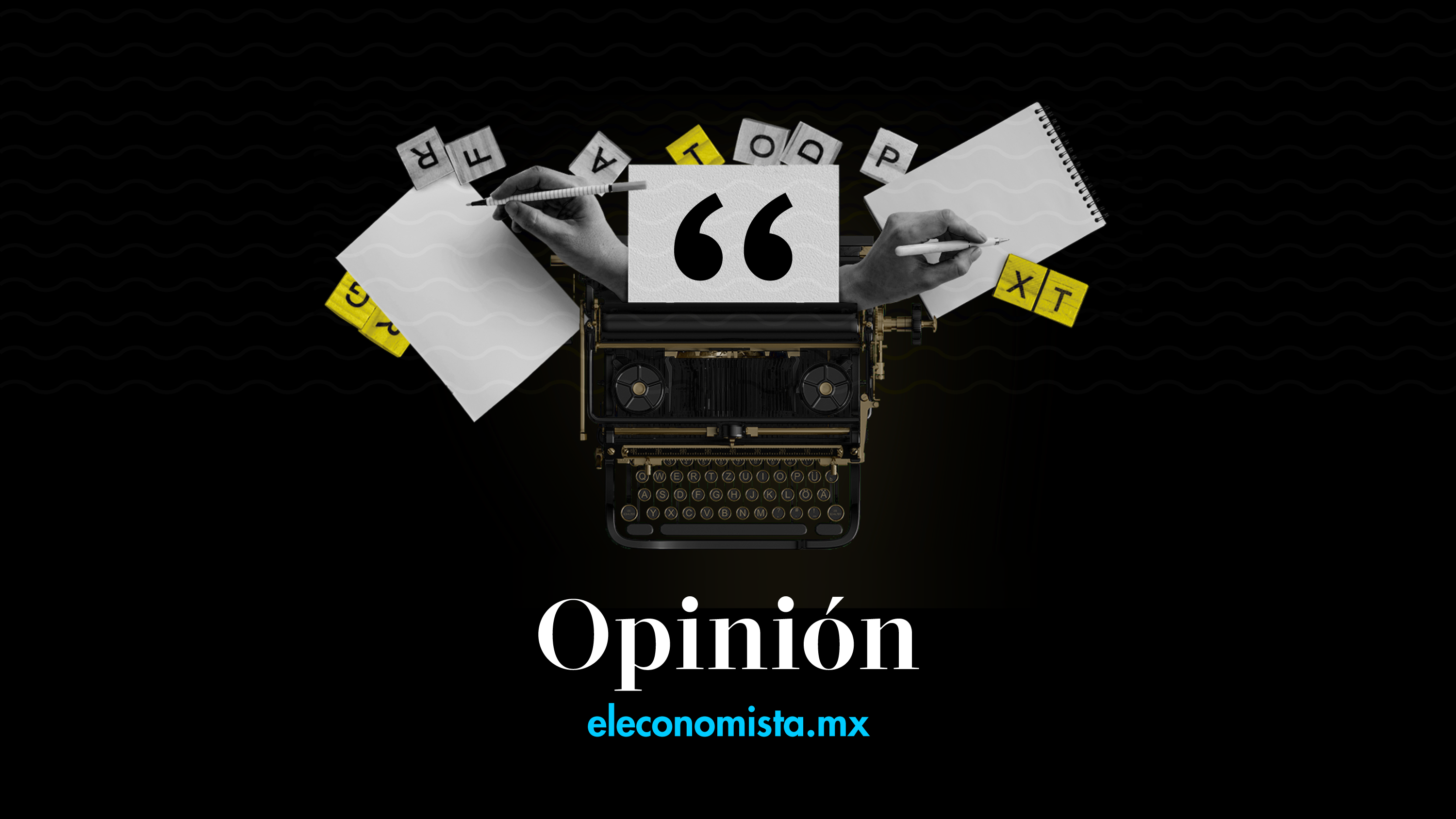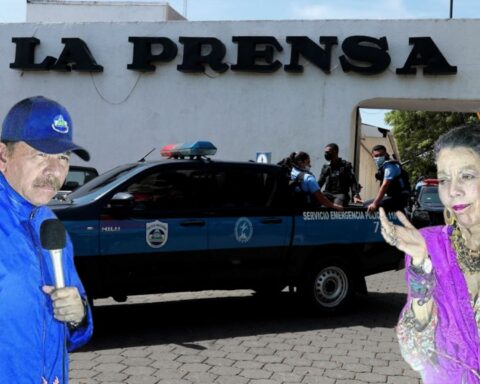The Sandinista Front turned electoral fraud, with which it has perpetuated itself in power since 2008, into a political business. In addition to winning the votes that do not correspond to it, the FSLN has pocketed a little more than 60 million dollars, as reimbursements for alleged electoral campaign expenses in the midst of a system characterized by its opacity and lack of transparency.
A review by CONFIDENTIAL, in the midst of the obscurantism with which the Supreme Electoral Council (CSE) manages the electoral reimbursement granted to political parties, he estimates that the Sandinista Front has pocketed for this concept $60.3 million for his participation in electoral processes from 2006 to 2021.
The CSE items, by way of reimbursement for electoral campaign expenses to political parties, are proposed by the Ministry of Finance and Public Credit in the budget presented each October in the National Assembly, for the exercise of the following year. The item, according to the law, is equivalent to 1% of the ordinary income of the General Budget of the Republic, and is distributed according to the percentage of valid votes.
To establish the reimbursement figures between 2006 and 2021, the little information available was searched, which became more restricted, as Daniel Ortega consolidated his dictatorial project, until it led to the repressive regime that currently governs Nicaragua.
The frauds continued and the reimbursement increased
However, it was possible to determine the amounts delivered by reviewing reports from electoral observation bodies and financial reports from the Sandinista Front, published in La Gaceta, the official state newspaper, until 2014. Reports from the Office of the Comptroller General of the Republic were also consulted, before be completely controlled by the Ortega regime.
As the Sandinista Front restricted information on electoral reimbursement, the amounts that were allocated increased in each election, both national and municipal.
In addition, the deliveries of these items as reimbursement for alleged campaign expenses were made based on vote allocations made by the CSE in elections characterized by fraud in favor of the Sandinista Front, lack of political competition and absolute control. the Ortegaism of the entire electoral system.
The Sandinista Front, the CSE and the Office of the Comptroller General of the Republic never transparently disclosed the support (invoices, receipts or expense reports) allegedly delivered to justify the campaign expenses incurred by the red and black party in all these electoral processes. .
The breakdown made by CONFIDENTIAL estimates that from 2006 to 2021, the Sandinista Front received 46 466 997 million dollars for alleged campaign expenses in national elections (presidency, national and departmental deputies) and 13 840 529 million for the municipal elections (mayorships and councilmen).
In 2006, the only elections won by Daniel Ortega with legitimacy, reports from electoral observation organizations established that the Sandinista Front pocketed some 3,567,000 million dollars, according to the current exchange rate in December of that year.
These estimates were established based on the number of votes obtained by Ortega in said elections. However, the Electoral Law established that the amount that the political party was entitled to receive for the number of votes obtained, was a “ceiling” of the disbursement. What was delivered to the party was what it could justify with the supports presented before the CSE and the Comptroller.
The repeal of the “ceiling” of the reimbursement to justify
However, these entities never divulged information on whether the Sandinista Front or the other political parties in contention presented legitimate support to justify their alleged electoral campaign expenses. Finally, the regulation to establish as a “ceiling” the allocation of reimbursement based on the votes obtained according to the CSE, was repealed by Ortega for the 2016 national elections.
In the municipal elections of 2008, the Sandinista Front unleashed its electoral fraud machinery. 105 of the 146 mayorships in dispute were awarded (some mayorships in the Caribbean did not participate in the process because they were affected by the passage of Hurricane Felix) in the midst of theft of ballot boxes, theft of clear victories by opposition mayors and changes in the percentages of votes of overnight, with the support of the repressive forces of the Police, shock groups of the Sandinista Youth and paramilitaries of the regime.
Due to this electoral disaster, the CSE granted the Sandinista Front as reimbursement 3 111 000 millions of dollars. Later, the Sandinista Front, with its electoral fraud machinery oiled, claimed victory in the 2011 national elections, which meant the first re-election of Daniel Ortega.
This process began to give signs of what would be the electoral future of Nicaragua. It was the last campaign in which Ortega participated in a political rally to ask for the vote of Nicaraguans. Ortega’s campaign was characterized by the lack of a government plan and the excessive use of state resources. However, the CSE began to increase the electoral reimbursement items for Ortega, delivering on that occasion some 10,099,997 million dollars for alleged campaign expenses.
The municipal elections of 2012 showed symptoms of citizen tiredness of fraud, registering increases in the percentages of abstention. For these elections, the CSE increased the number of mayors assigned to the Sandinista Front to 134. For these votes, the reimbursement reached 2,667,529 millions of dollars.
The opacity of the Sandinista Front
This was the last process about which the Sandinista Front disclosed any information about its income from electoral reimbursement. An investigation of CONFIDENTIAL, disclosed in March 2021, revealed that the Sandinista Front, when it published its income as a political organization, included in the category of amounts received for electoral reimbursements, until the municipal elections of 2012. From then on, it is total darkness about these funds.
By 2016, the dictatorship opened the doors to family succession with Rosario Murillo’s candidacy for vice president and completely eliminated political competition by annulling the main opposition platform through a resolution of the Judiciary.
For this election, in which Daniel Ortega did not hold a single campaign rally, the reimbursement reached 15,400,000 million dollars, without the impediment that this amount was a maximum “ceiling” to justify. Only the percentage of votes assigned by the CSE was necessary.
This same political scenario was replicated for the municipal elections of 2017. 135 mayorships were awarded to the Sandinista Front in another electoral process characterized by the scarce presence of the electoral campaign of the Ortega mayoral candidates. The CSE established for these elections a reimbursement of 8,062,000 million dollars for the Sandinista Front.
Finally, for the voting on November 7, 2021, Ortega won his third consecutive re-election, in another process without political competition, by imprisoning all the opposition candidates who, according to the polls, would easily defeat him at the polls. Flanked only by collaborating political parties, the dictator managed to get a little more than 75% of the votes; and with this: 17.4 million dollars for electoral reimbursement.
The refund is damaged from origin
Eliseo Núñez Morales, political analyst, former deputy and who was also head of the electoral campaign in 2011 for the presidential candidacy of radio businessman Fabio Gadea Mantilla, pointed out that, with the incidence of electoral fraud and the dismantling of political competition, reimbursement for campaign expenses became a millionaire source of income for the Sandinista Front, about which there is no transparency or control.
“When you already damage the origin of everything, which is the will of the people, everything that results from it is already damaged. When you no longer count the votes correctly and there is no opportunity to vote transparently, everything else is damaged. That is why Nicaragua has one of the most expensive votes in the world, in one of the poorest countries in the world”, he stated.
Núñez explained that the spirit of the law is fair, taking into account that it seeks to prevent groups of economic power, mainly from the private sector, from influencing elections and the country’s politics in general. However, the destruction of the electoral system by the Ortega regime buried these good intentions, to turn it into a political business.
“The big problem is that the Sandinista Front, which is the supposed great winner of all these elections, never presented or disclosed the supposed supports of its expenses in electoral campaigns. Not even when there was a ceiling to deliver the refunds, much less now that they are only delivered based on the votes obtained. But we are also talking about a Comptroller’s Office that was able to leave Nicaragua in the dark by order of Daniel Ortega. What can you expect about disclosing these supports? The safest thing was that they approved any amount that Ortega sent them,” added Núñez.
The electoral reforms approved by Ortega in 2021 eliminated the requirement of a minimum of 4% of the votes to be entitled to electoral reimbursement. Any political party that participates in the elections can receive these funds, thus promoting political patronage and expanding the big business that electoral reimbursement has become.








